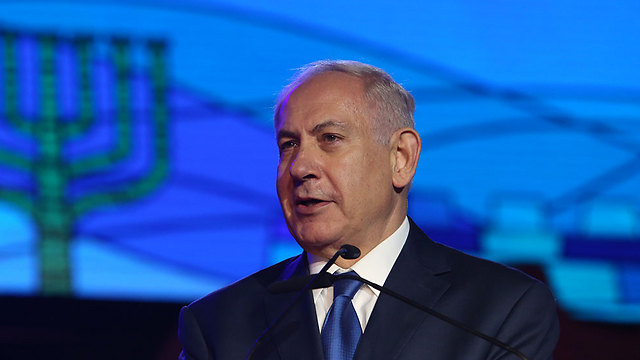
Prof. Ofer Gofrit, head of the hospital's urology department, said that the operation was successful and without mishaps. Netanyahu returned to full activity after he recovered.
The procedure was carried out by Prof. Gofrit, together with Dr. Mordechai Duvdevani, Director of the Unit of Endourology, as well as Prof. Reuven Pizov, Director of the Department of Anesthesiology and Intensive Care, and Dr. Yuval Meroz, a senior anesthesiologist. The prime minister was accompanied by his personal physician, Dr. Zvi Berkowitz.
Prof. Gofrit stated that the stone had been broken up and the prime minister conversed with the staff in the recovery unit after the procedure, while he was fully conscious. Minister Zeev Elkin filled in for the prime minister while the latter was under sedation.
The phenomenon of kidney or bladder stones is a common phenomenon and many suffer from it. These stones are formed in the kidneys when the minerals in concentrated urine crystallize. According to assessments in the medical literature, the incidence of this phenomenon is estimated at 3% of the population, with a man's chance of suffering from this disorder ranging between 10-15%.
Kidney stones in the urinary tract have a variety of symptoms. In all cases, the patients are not aware of the presence of kidney stones, and in extreme cases there is severe pain caused by the passage of stone fragments down the urinary system.
In serious cases, there are even repeated and sometimes life-threatening infections. In some cases, this may even cause renal insufficiency and possibly lead to the need for kidney transplantation.
Cystolitholapaxy is the fastest way to treat stones in the urinary system. The obvious advantage is that this is done without the need for full anesthesia. Ultrasonic energy is used to break up the stone into pieces small enough to pass in the urine.
(Translated and edited by N. Elias)

















